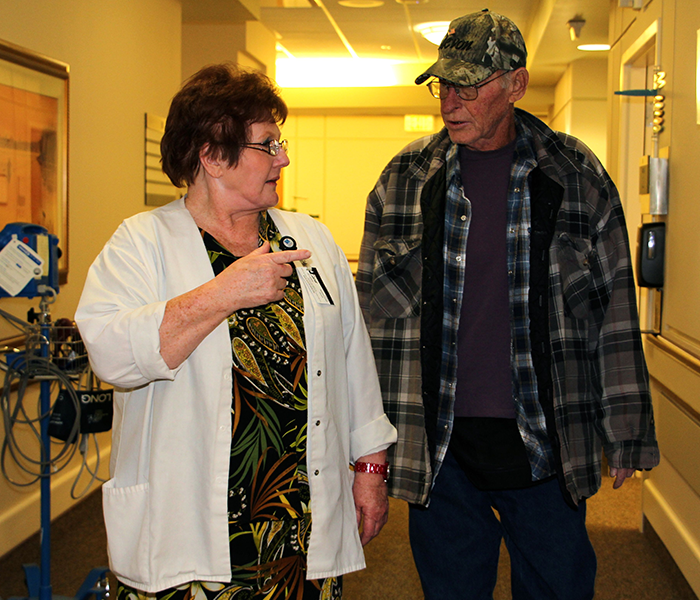In 1965, the monthly cost of cancer care was $100. By 2013, that number had risen to nearly $10,000. The skyrocketing cost of cancer drugs has, in part, played a major role in limiting access to care for patients with cancer. But money isn’t the only barrier: Location of treatment centers, lack of transportation, socioeconomic challenges, along with myriad cultural differences can play into the ways patients do—or don’t—access care.
ONS member Angelique Richards, PhD, RN, of the Seattle Cancer Care Alliance has seen barriers to care throughout her career. “I have had far too many patients run into financial hurdles—even patients who have insurance,” Richards said. “I have seen patients struggle because of how the healthcare industry has evolved. Narrowing networks limit what is available to patients.”
The National Cancer Moonshot Initiative has focused on accelerating scientific research and cancer treatment options by leaps and bounds. However, Richards said she worries that new treatment options might not make it to those who need it. “Developing great treatment options is no help to a patient who can’t access the care,” Richard noted. “We need to ensure that regardless of insurance coverage or geographic location, an individual in need of specialized cancer care can access it.”
Nurses stand at the forefront of patient care and can facilitate a patient’s understanding of an intricate health system. “Nurses are the number one trusted profession in the country. They’re experts that patients can use to better navigate the very complex environment of cancer treatment,” Richard said. “The healthcare system can be overwhelming, and often when a person is diagnosed with cancer, he or she doesn’t have the time, resources, or information to advocate for themselves to get the best care possible.”
Through the Cancer Moonshot, Richards said she believes that big changes could help eliminate barriers and increase access to care. “Whether it’s through more effective treatments, better supportive care, or a greater number of cures, I believe the Moonshot has the ability to alleviate challenges for patients and their families,” Richards noted.
With a federal commitment to increase funding, the National Cancer Institute’s working groups, along with the progress of the Blue Ribbon Panel, the Moonshot is working to break down barriers and increase the quality and level of care for patients with cancer.
Oncology nurses will always play an important role in cancer care. “We are the personal guides to patients and their families in how to prevent, treat, and recover from the disease,” Richards said. “As a profession, nurses must continue to share best practices and continue to influence the advancement of cancer care through research.”






